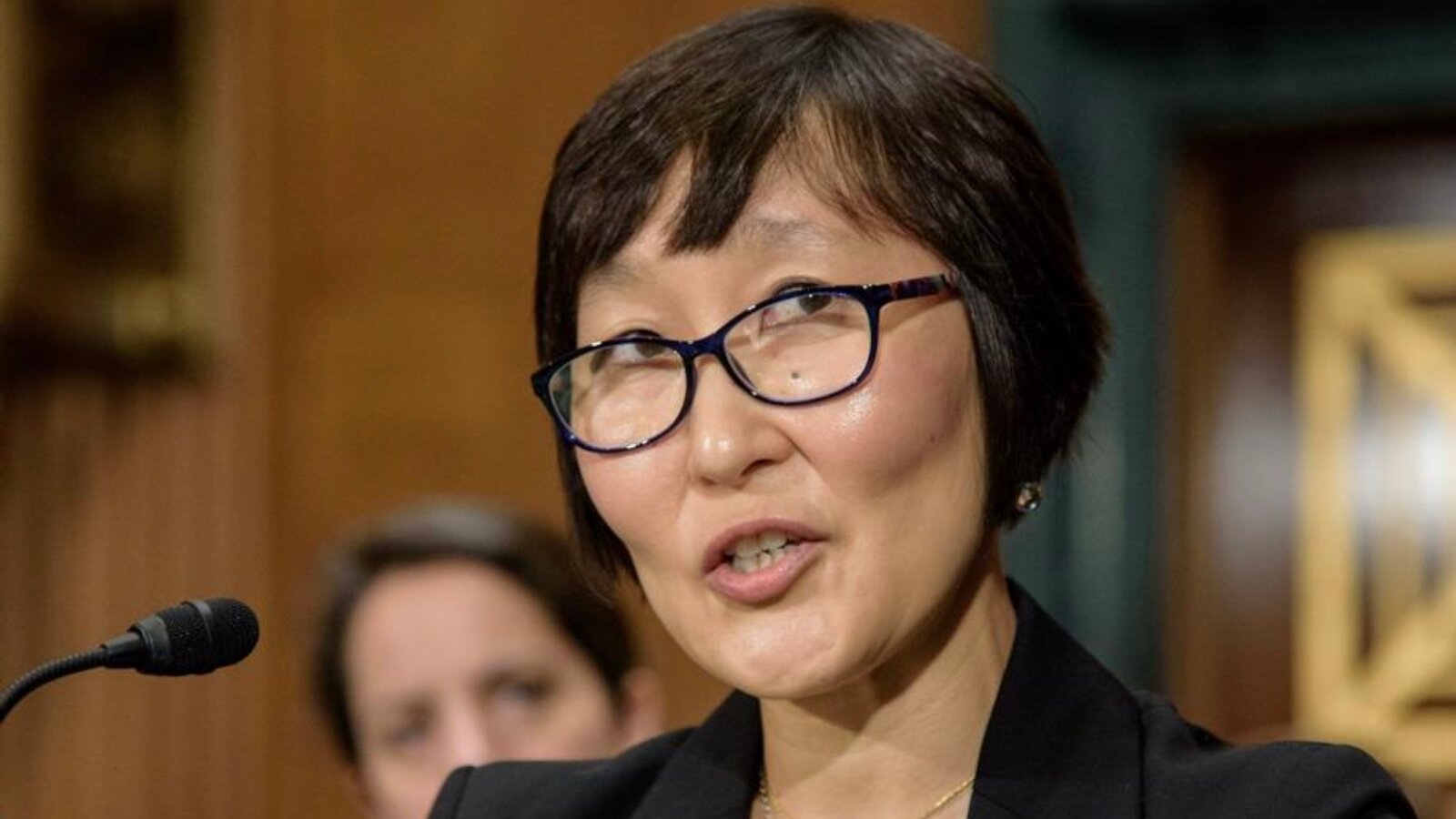
Trade groups that normally compete with each other are tied to President Biden’s choice of head of the currency controller’s office.
When White House officials began searching for a new candidate to lead one of the banking industry’s top regulators this summer, they saw Soul Omarov as a compromise between the rival demands of moderate and progressive Democrats.
Ideological departments had already ruled out the possibility of two other candidates running for office, but Ms. Omarova felt that both sides had something to offer. While she specialized in banking law at a large corporate law firm and worked in the Treasury Department during the Republican administration, as a professor at Cornell Law School, she explored ideas to improve the financial system and increase its stability.
Expectations of Republican support have never been higher. But the most damaging blow has come somewhere: the banks themselves.
Banks and their business groups, including the American Bankers Association, whose members include the largest banks, and the Independent Community Bankers, which represents the smallest, the American Bankers Association, are sounding the alarm about Ms. Omarova.
Bankers generally take a reserved approach when reacting to proposed new regulators, so such objectionable things are almost unheard of immediately after the White House announced its intention to nominate Ms. Omarova on September 23. And the joint front displayed by all the major trade groups is also unusual, as the agendas of the largest banks sometimes disagree with the smallest groups.
At the heart of the controversy is some academic writing by Ms. Omarova, who has explored the idea of the federal government providing banking services to customers through the Federal Reserve.
The criticism was swift. A day after the White House announcement, Rob Nichols, president of the American Bankers Association, said her proposal would “effectively nationalize American community banks.”
Some critics have suggested that her views are limited to communism. A few days after the White House announcement, the Wall Street Journal’s editorial board called Ms. Omarova “the Soviet economic system superior.”
Banking groups say Ms. Omarova’s views pose a threat to the industry’s business model, although creating public banking options by the Fed would be largely beyond the power of the Office of the Controller of Currency, which oversees national chartered banks. .
Rebecca Romero said, “The root of all this and the source of our most important concern is that we look at everything she has said or written in public, there are bold ideas that basically look to eliminate the banking system as we know it today.” Raine, president of the Independent Community Bankers of America, said in an interview Tuesday.
A White House spokeswoman and Ms. Omarova declined to comment.
While Ms. Omarova will not oversee most of the institutions represented by U.S. Independent Community Bankers, they are critical to her confirmation possibilities. The threat of his disapproval may be enough to convince moderate Democrats not to vote for her, and a 50-50 split between Democrats and Republicans in the Senate could change either party.
The American Bankers Association and another industry group, the Consumer Bankers Association, have approached Senators Mark Warner of Virginia and John Tester of Monetana, two moderate Democrats on the Senate Banking Committee. Obviously.
Independent community bankers in the U.S. have also expressed the possibility of backing Democrats if her nomination reaches the votes of the full Senate, Joe Manchin of West Virginia and Kirsten Cinema of Riz Rizona.
When asked about the contacts between the two senators, Ms. Romero Raini said her group is concerned about Ms. Omarova – although she acknowledged that Ms. Omarova has worked on behalf of community banks on some issues.
Ms. Omarova, for example, filed a lawsuit against New York’s state banking regulator, the OCC, over the creation of a new charter for non-bank financial technology companies, known as fintech. Business away from them while avoiding the strict rules they have to follow. She writes about the need for more restrictions on industrial lending companies, another type of lender that community bankers see as a threat. And she has publicly warned of the risk of big banks and other large financial institutions becoming too powerful.
But none of that seems significant compared to Ms. Omarova’s support for bank accounts issued by the Federal Reserve.
Disclaimer: The views, suggestions, and opinions expressed here are the sole responsibility of the experts. No Economyessential journalist was involved in the writing and production of this article.
